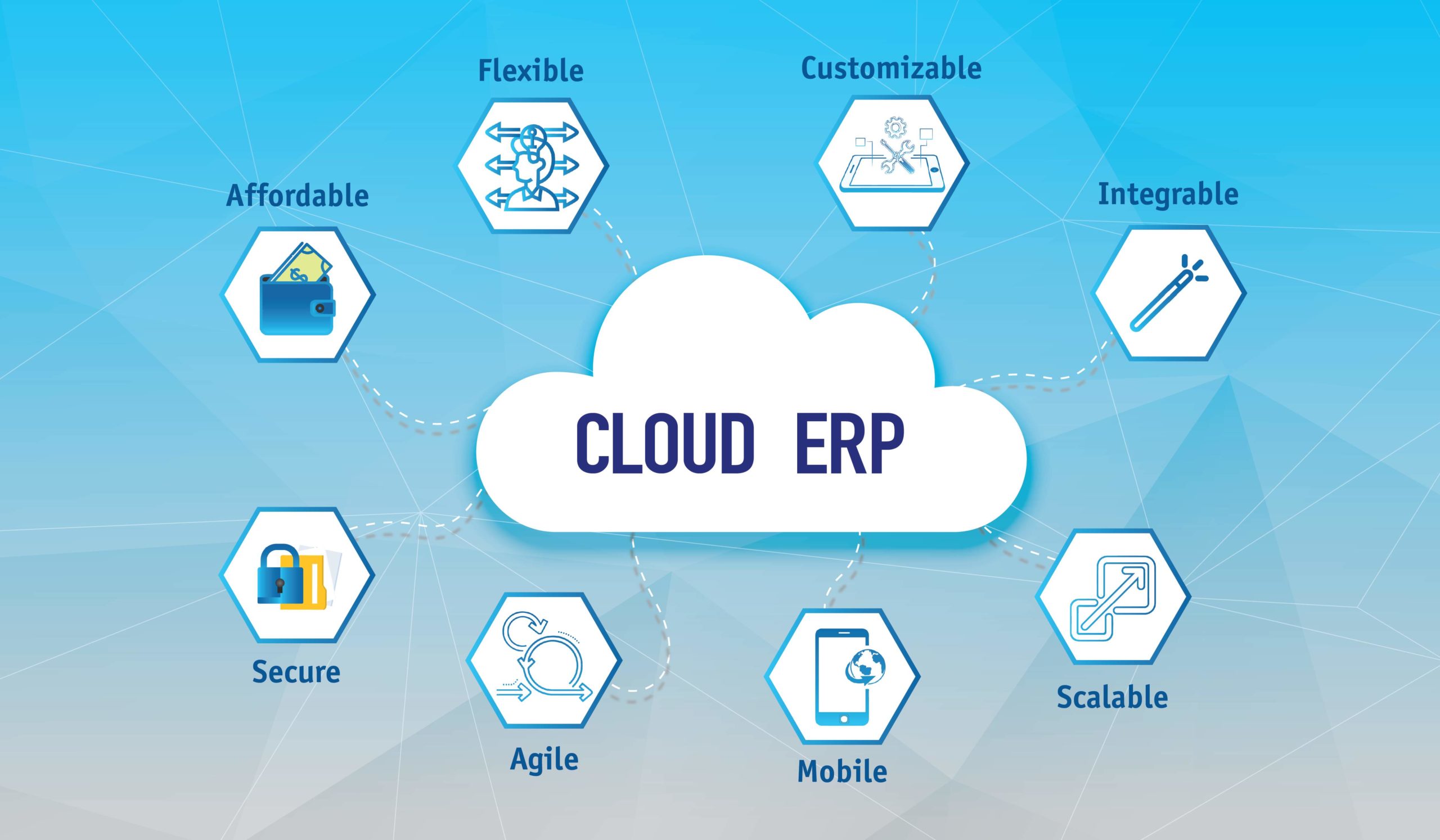The way we work has undergone a seismic shift. Remote work models, once a fringe concept, are now becoming the norm. This transformation presents a challenge for businesses: how to maintain efficiency and collaboration when employees are scattered geographically? The answer lies in the cloud. Cloud-based Enterprise Resource Planning (ERP) systems are emerging as the linchpin for organizations seeking to empower a distributed workforce.
Traditional, on-premise ERP systems restrict access to company data and applications to physical office locations. This creates a significant hurdle for remote employees, hindering their ability to perform core tasks and collaborate effectively with colleagues. Cloud-based solutions, however, eliminate these geographical limitations. By storing data and applications on secure, remote servers, cloud ERP grants employees secure access from any location with an internet connection. This empowers them to stay productive and engaged, regardless of their physical presence in an office.
The benefits of cloud ERP for remote work extend far beyond simple accessibility. These systems offer a unified platform that integrates various business functions, including finance, inventory management, customer relationship management (CRM), and human resources (HR). This integrated approach streamlines workflows and facilitates seamless information sharing across departments. Remote employees can access real-time data on inventory levels, customer interactions, and project progress, enabling them to make informed decisions and collaborate effectively with colleagues across departments.
Furthermore, cloud ERP fosters a culture of transparency and accountability within a remote workforce. By providing a centralized platform for data and communication, cloud ERP ensures everyone is working from the same set of information. This eliminates the risk of information silos and version control issues that can plague distributed teams. Additionally, cloud ERP often features built-in collaboration tools, such as document sharing, task management, and real-time chat functionalities. These features enable remote employees to stay connected, share ideas, and work together seamlessly on projects, fostering a sense of teamwork and shared purpose.
The security of sensitive business data remains a paramount concern for organizations considering a shift to a remote work model. Cloud ERP providers understand this concern and prioritize robust security measures. Cloud-based systems leverage advanced security protocols and encryption technologies to safeguard sensitive data. Additionally, regular backups and disaster recovery plans ensure business continuity in the event of unforeseen circumstances.
Cloud-based ERP systems are rapidly becoming the cornerstone of successful remote work strategies. By offering secure, anytime-anywhere access to crucial data and fostering seamless collaboration, cloud ERP empowers geographically dispersed teams to maintain efficiency and productivity. As the future of work embraces a more distributed model, cloud ERP will undoubtedly play a critical role in ensuring organizational success in a globally connected world.
